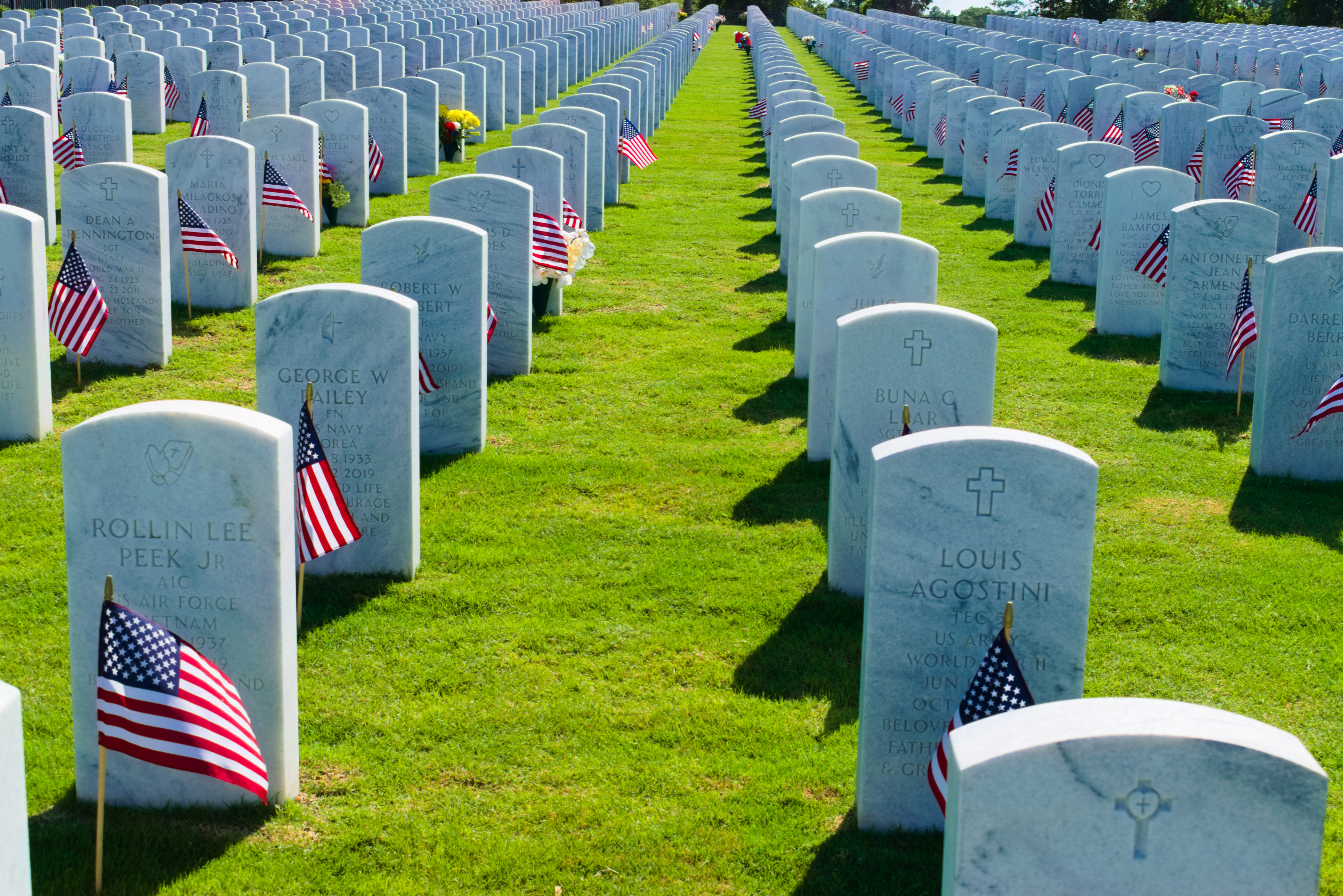 Because fewer than 32% of individuals in the United States prepare a will or a revocable living trust during their lifetime, most assets end up in probate. This means that state courts ultimately decide the fate of most inheritances. Estimates suggest that as much as 85% of all assets are settled through probate court. To even begin the probate process, heirs or beneficiaries must first demonstrate that all funeral and burial expenses for the deceased have been paid.
Because fewer than 32% of individuals in the United States prepare a will or a revocable living trust during their lifetime, most assets end up in probate. This means that state courts ultimately decide the fate of most inheritances. Estimates suggest that as much as 85% of all assets are settled through probate court. To even begin the probate process, heirs or beneficiaries must first demonstrate that all funeral and burial expenses for the deceased have been paid.
This article focuses on a group often overlooked in discussions about probate and end-of-life planning: the deceased American soldier—our veterans.
Studies reveal that between 50% and 60% of veterans and their families are unaware of certain veterans' benefits, particularly the VA burial benefit, which is among the most critical. This lack of awareness underscores that many Americans fail to recognize or recall a family member’s military service. Several factors contribute to this issue, including:
- Insufficient Communication: Veterans and their families often lack clear information about military service records and benefits available upon discharge or retirement.
- VA System Complexity: The intricate processes of the VA system make navigating benefits difficult, leading to missed opportunities.
- Veterans' Reluctance: Many veterans avoid seeking assistance from VA support centers or organizations designed to guide them.
When a loved one passes, the costs associated with their burial can be significant. Transportation to a cemetery, a grave site with a vault, a headstone, and graveside services can range from $5,000 to tens of thousands of dollars. It is no surprise, then, that cremation has grown increasingly popular - rising to over 60% in 2023 and projected to surpass 82% by 2045.
This highlights the critical need for improved awareness of veterans' benefits to alleviate the financial burden on families while honoring the service of those who have served our country. In the US, cremation was initially introduced due to urbanization, as cities grew, burial space became limited, and cremation offered a practical alternative to cemetery overcrowding. Also, as families have become more geographically dispersed, cremation allows remains to be transported and stored more easily.
Unfortunately, as generations pass, descendants may feel less of a personal connection to the deceased and as a result, an increasing number of urns are discarded, ashes scattered over lands unconnected to the deceased, or simply thrown out with the trash whereby the departed are laid to rest as if fate itself dictated a distant, indifferent goodbye. If there is any group that deserves our utmost respect and dignity in their final arrangements, it is “Our Veterans” - those who have selflessly served and protected our nation.
To honor their service, it is essential to take steps to ensure their wishes are respected. First, veterans with a last will or revocable living trust should specify their preference for burial or placement in an urn at a national cemetery. In addition to the veteran, the immediate family - including spouses and biological children - are likewise entitled to be interred alongside the veteran in the same national cemetery.
While only eight states lack national cemeteries, most offer state-run cemeteries for veterans. Florida, notably, has nine national cemeteries, making it one of two states with the most such facilities. Burial options include in-ground caskets, in-ground urns, Columbarium niches for urns, or scattering gardens (where available).
Families are responsible for costs associated with local funeral viewings and caskets. However, Veterans Affairs provides numerous services for both the veteran and their immediate family, including:
- Transportation to the cemetery
- Military funeral honors, including flag presentation, taps, and honor guard detail.
- A gravesite or Columbarium niche for cremation
- A headstone or marker with custom inscriptions (e.g., name, rank, service branch, and an approved emblem of belief)
- Perpetual care, maintained indefinitely by the government.
- A certificate signed by the President honoring their service.
The U.S. Department of Veterans Affairs (VA) provides burial in a National Cemetery for honorably discharged veterans, spouses, and dependents at no cost. To make burial arrangements at a VA national cemetery, call the National Cemetery Scheduling Office at (800) 535-1117.
Jackson Law PA, Central Florida's premier law firm, proudly serves the Orlando area with expertise in estate planning for veterans. Our attorneys are well-versed in the procedures and benefits of burial in National Cemeteries. Whether you need to establish a new Last Will, create a Revocable Trust, or require the assistance of a probate attorney, Jackson Law is here to ensure that your deceased loved ones who served as veterans receive the dignified burial or cremation they deserve.